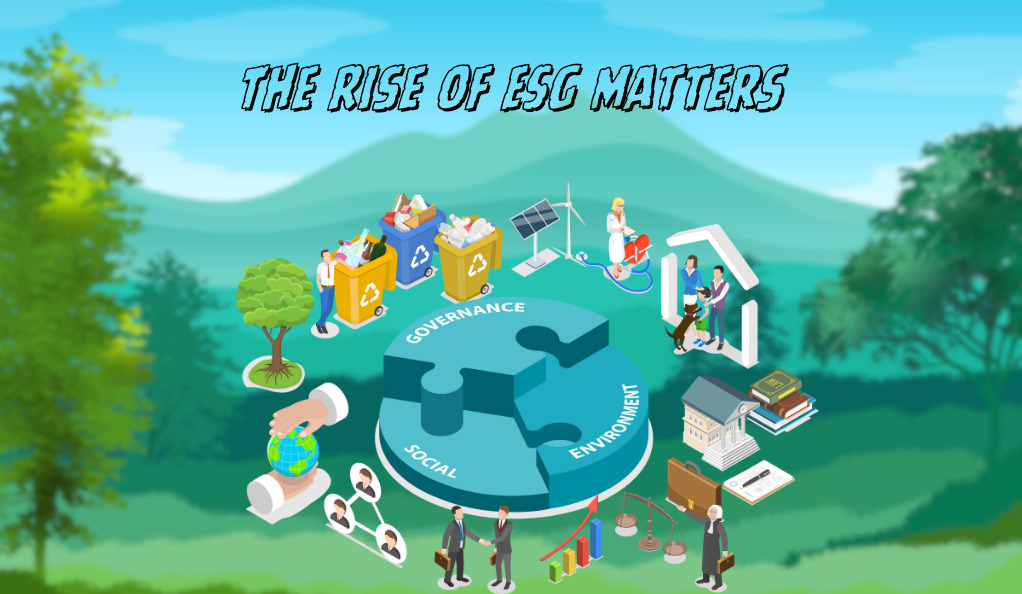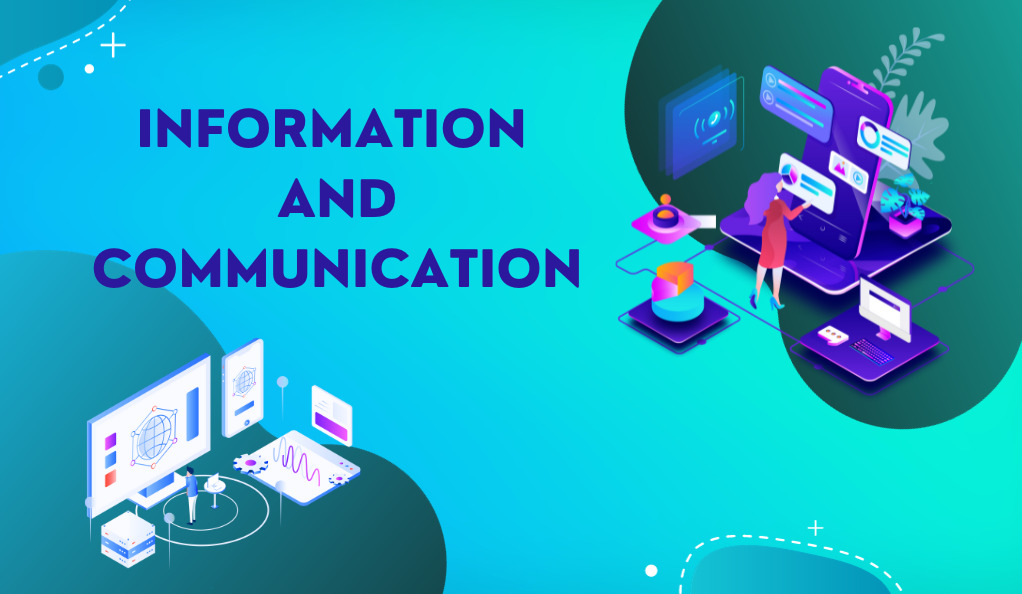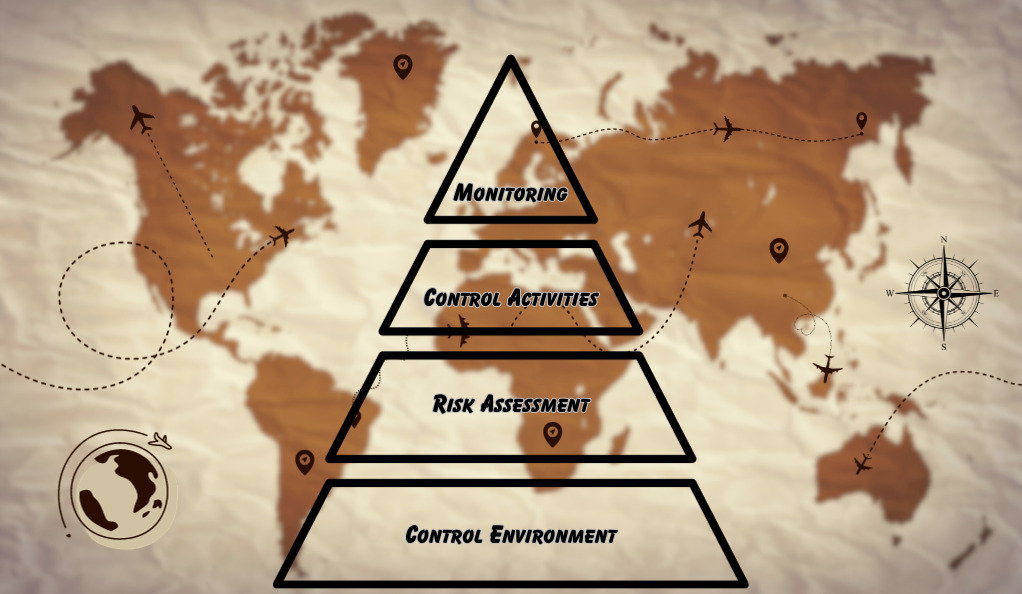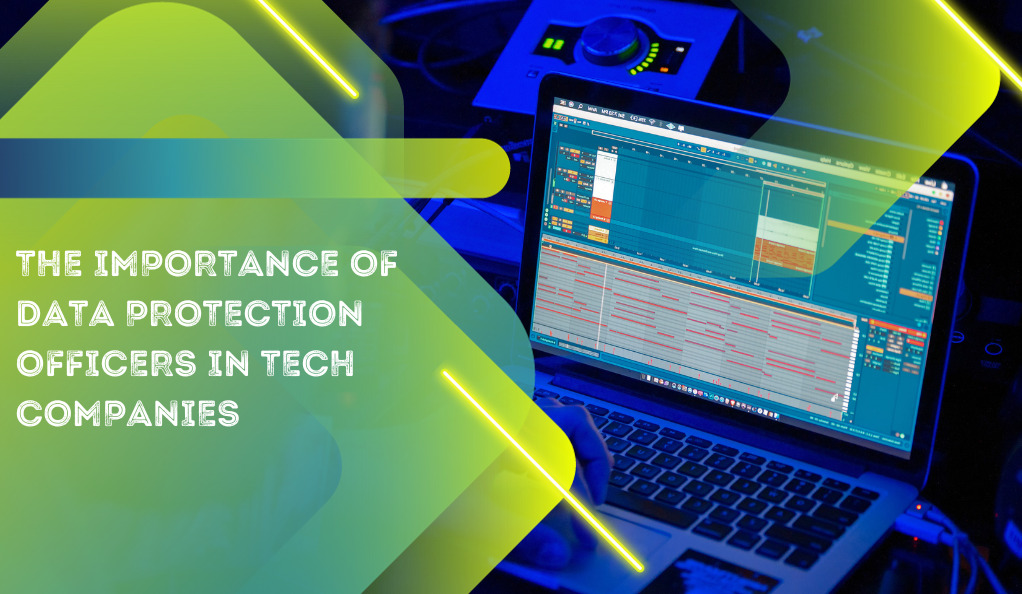In the modern business landscape, sustainability reporting has emerged as a pivotal tool for companies to communicate their environmental, social, and governance (ESG) performance to stakeholders. As the demand for transparency and accountability grows, organizations are seeking robust frameworks to ensure the accuracy, reliability, and comprehensiveness of their sustainability disclosures. Enter the Committee of Sponsoring Organizations of the Treadway Commission (COSO) – a framework that has traditionally been associated with internal controls and financial reporting but is now making significant strides in the realm of sustainability reporting.
The Rise of Sustainability Reporting
Over the past few decades, sustainability reporting has transitioned from a niche activity to a mainstream business practice. Driven by factors such as:
- Regulatory Requirements: Governments and regulatory bodies worldwide are implementing stricter ESG disclosure requirements.
- Stakeholder Pressure: Investors, consumers, and the general public are increasingly demanding transparency on companies’ ESG performance.
- Risk Management: Companies are recognizing the financial and reputational risks associated with environmental and social issues.
COSO: Beyond Financial Reporting
The COSO framework, established in the 1990s, was initially designed to improve the quality of financial reporting through effective internal controls. However, its principles and components are equally applicable to sustainability reporting. Here’s a brief comparison:
| Aspect | Financial Reporting (Traditional COSO) | Sustainability Reporting (COSO in ESG) |
|---|---|---|
| Purpose | Ensure accuracy and reliability of financial statements. | Communicate ESG performance transparently and reliably. |
| Key Components | Control environment, risk assessment, control activities, information & communication, monitoring. | Same as financial reporting but applied to ESG data. |
| Stakeholders | Investors, regulators, auditors. | Investors, regulators, consumers, employees, communities. |
The Relevance of COSO in Today’s ESG Landscape
With the increasing complexity of sustainability issues and the vast amount of data that companies need to report, a structured framework like COSO provides a much-needed foundation. Its principles guide companies in:
- Identifying and Assessing ESG Risks: From climate change impacts to social inequalities, companies can use COSO to understand the myriad risks they face.
- Establishing Robust Internal Controls: Ensuring the accuracy, completeness, and reliability of ESG data.
- Communicating Transparently: Providing stakeholders with clear, consistent, and comparable sustainability disclosures.
The Evolution of COSO in Sustainability Reporting
As the business world has evolved, so too has the COSO framework, adapting to the changing needs of organizations and the increasing importance of sustainability.
Historical Context
The COSO framework was initially developed in response to financial scandals in the late 20th century, aiming to provide a structured approach to internal controls and risk management. However, as the 21st century progressed, the business world began to recognize the importance of sustainability, both as a risk factor and a competitive advantage.
The Rise of ESG Matters

Environmental, Social, and Governance (ESG) matters have gained significant traction in recent years. Factors driving this include:
- Environmental Concerns: Climate change, resource depletion, and environmental degradation have pushed companies to consider their ecological footprint.
- Social Responsibilities: Issues like fair labor practices, diversity and inclusion, and community engagement have become central to a company’s reputation and brand value.
- Governance Standards: Ethical business practices, transparency, and stakeholder engagement are now seen as essential for long-term business success.
COSO’s Landmark Interpretive Report
In response to the growing importance of ESG matters, COSO released a landmark interpretive report in 2023. This report illuminated how the traditional COSO framework, with its 5 components and 17 principles, could be applied to sustainable business activities and information. Key highlights from the report include:
- Integrated Approach: The report emphasized the need for an integrated system of internal control over material or decision-useful sustainable business information.
- Practical Applications: The report provided practical insights into how companies could use the COSO framework for more accurate and comprehensive ESG disclosures.
- Interdisciplinary Cooperation: Recognizing the multidisciplinary nature of sustainable business data, the report highlighted the importance of collaboration across various functions within an organization.
Implications for Companies
The interpretive report by COSO has several implications for businesses:
- Robust ESG Reporting: Companies can now leverage a tried-and-tested framework to enhance the quality of their sustainability disclosures.
- Stakeholder Trust: With a structured approach to ESG reporting, companies can build greater trust among investors, consumers, and other stakeholders.
- Strategic Advantage: As ESG factors become increasingly important for business success, companies that adopt the COSO framework can gain a competitive edge.
The Five COSO Components Applied to Sustainable Business Information
Having understood the evolution of COSO in the context of sustainability reporting, it’s essential to delve deeper into how its core components can be applied to ESG matters.
Control Environment
The control environment sets the tone for an organization, influencing the control consciousness of its people. In the context of sustainability:
- Leadership Commitment: Top management must demonstrate a commitment to sustainability, setting clear expectations and leading by example.
- Organizational Structure: Companies should establish dedicated sustainability teams or departments, ensuring clear roles and responsibilities.
- Policies and Procedures: Clear guidelines should be in place, guiding employees on sustainability best practices and ensuring consistency across the organization.
Risk Assessment
Risk assessment involves identifying and analyzing risks that might prevent an organization from achieving its objectives.
- ESG Risk Identification: Companies should identify potential environmental, social, and governance risks they might face.
- Risk Analysis: Once identified, these risks should be analyzed in terms of their potential impact and likelihood of occurrence.
- Risk Mitigation: Based on the analysis, companies should develop strategies to mitigate these risks, ensuring they don’t hinder the achievement of sustainability objectives.
Control Activities
Control activities are the actions established through policies and procedures that help ensure management directives are carried out.
- Data Collection: Companies should have robust systems in place to collect accurate and timely sustainability data.
- Data Verification: Regular audits and checks should be conducted to ensure the accuracy and reliability of sustainability data.
- Reporting: Companies should establish clear reporting lines, ensuring that sustainability data is communicated to the relevant stakeholders in a timely manner.
Information and Communication

Effective communication is pivotal in ensuring that the right information reaches the right people at the right time, both internally and externally.
Internal Communication
- Training and Awareness: Regular training sessions should be conducted to keep employees updated on sustainability goals, initiatives, and best practices.
- Feedback Mechanisms: Establish channels through which employees can provide feedback or raise concerns related to sustainability issues.
- Collaborative Platforms: Utilize digital platforms and tools that facilitate collaboration and sharing of sustainability-related information across departments.
External Communication
- Stakeholder Engagement: Engage with external stakeholders, such as investors, customers, and regulators, to gather insights and feedback on sustainability performance.
- Transparency in Reporting: Publish comprehensive sustainability reports that provide a clear picture of the company’s ESG performance, challenges faced, and future plans.
- Digital Platforms: Leverage company websites, social media, and other digital platforms to communicate sustainability initiatives and achievements to a broader audience.
Monitoring Activities
Continuous monitoring ensures that the organization remains on track to achieve its sustainability objectives and that any deviations or issues are promptly addressed.
- Regular Audits: Conduct internal and external audits to assess the effectiveness of sustainability initiatives and the accuracy of reported data.
- Performance Metrics: Establish clear performance metrics and key performance indicators (KPIs) related to sustainability goals.
- Review and Feedback: Periodically review sustainability strategies and initiatives based on feedback from internal and external stakeholders.
Practical Applications of the COSO Framework in Sustainability Reporting
Understanding the theory behind the COSO framework’s application to sustainability is essential, but real-world examples and case studies can provide valuable insights.
Case Study: ABC Corporation
ABC Corporation, a global manufacturing company, adopted the COSO framework to enhance its sustainability reporting. Here’s a snapshot of their journey:
- Risk Assessment: Identified potential risks related to water scarcity, waste management, and labor practices in their supply chain.
- Control Environment: Established a dedicated sustainability committee headed by a Chief Sustainability Officer.
- Control Activities: Implemented automated systems to collect data on water usage, waste generation, and labor practices across all manufacturing units.
- Information and Communication: Launched an internal sustainability portal and conducted quarterly townhall meetings to update employees on sustainability initiatives.
- Monitoring Activities: Partnered with an external agency to conduct annual sustainability audits and published the findings in their annual sustainability report.
Benefits Realized
By adopting the COSO framework, ABC Corporation:
- Enhanced Stakeholder Trust: Transparent reporting and proactive sustainability initiatives bolstered the company’s reputation among investors, customers, and regulators.
- Mitigated Risks: By identifying and addressing sustainability risks early on, the company avoided potential financial and reputational damages.
- Achieved Sustainability Goals: With a structured approach to sustainability, the company achieved significant reductions in water usage, waste generation, and improved labor practices.
Regulatory Implications and Future Trends

As the global emphasis on sustainability intensifies, regulatory bodies are stepping up their efforts to ensure that companies provide accurate and transparent disclosures on their ESG performance. The COSO framework, with its structured approach to internal controls and risk management, is well-positioned to help companies navigate this evolving landscape.
Accelerating ESG and Climate-Related Disclosure Requirements
- Global Initiatives: International bodies, such as the United Nations and the World Economic Forum, are pushing for standardized ESG reporting guidelines.
- National Regulations: Many countries are introducing mandatory ESG disclosure requirements, with penalties for non-compliance.
- Investor Demand: Institutional investors are increasingly considering ESG factors in their investment decisions, driving companies to enhance their sustainability disclosures.
The Role of the COSO Framework in Compliance
- Structured Approach: The COSO framework provides companies with a systematic approach to identify, assess, and manage ESG risks, ensuring compliance with evolving regulations.
- Enhanced Credibility: Adopting the COSO framework can enhance the credibility of a company’s sustainability disclosures, building trust with regulators, investors, and other stakeholders.
- Future-Proofing: As sustainability regulations continue to evolve, companies that have adopted the COSO framework will be better positioned to adapt to new requirements.
Future Trends in Sustainability Reporting with COSO
- Integration with Technology: Advanced technologies, such as AI and blockchain, will play a pivotal role in automating data collection, verification, and reporting processes.
- Stakeholder Engagement: Companies will increasingly engage with stakeholders, from employees to consumers, to gather insights and feedback on their sustainability performance.
- Focus on Impact: Future sustainability reports will go beyond mere data disclosures, emphasizing the real-world impact of a company’s sustainability initiatives.
Challenges and Solutions in Implementing COSO for Sustainability Reporting
While the COSO framework offers numerous benefits for sustainability reporting, companies may face challenges in its implementation.
Challenges
- Data Accuracy: Ensuring the accuracy and reliability of sustainability data, especially when sourced from multiple locations and departments.
- Integration with Existing Systems: Integrating the COSO framework with existing reporting and management systems can be complex.
- Stakeholder Alignment: Aligning internal stakeholders, from top management to frontline employees, on the importance and approach to sustainability reporting.
Solutions
- Invest in Technology: Leveraging advanced data analytics and reporting tools can enhance data accuracy and streamline the reporting process.
- Training and Awareness: Conducting regular training sessions can align stakeholders and build a culture of sustainability within the organization.
- Collaboration: Engaging with external experts and consultants can provide valuable insights and guidance on implementing the COSO framework effectively.
Conclusion
The integration of the COSO framework into sustainability reporting marks a significant milestone in the journey towards a more sustainable and transparent business world. While challenges exist, the benefits of enhanced stakeholder trust, regulatory compliance, and long-term business success make it a worthy endeavor for companies worldwide. As we look to the future, it’s clear that frameworks like COSO will play a central role in shaping the sustainability narrative and driving meaningful change.








